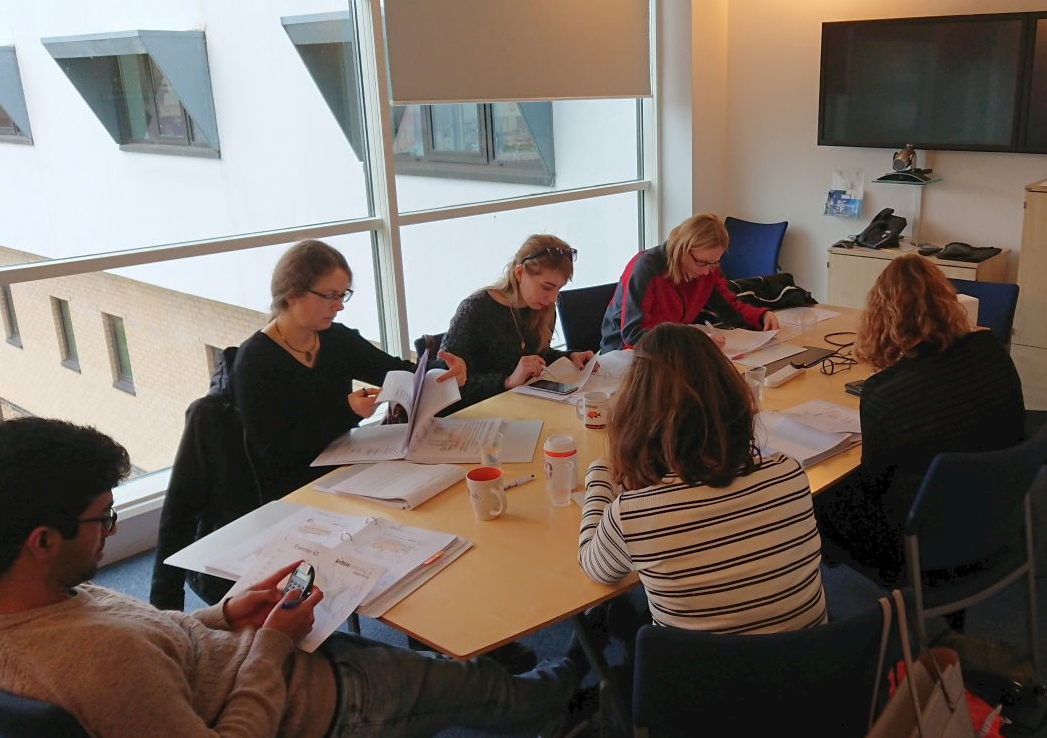Absolute Basics of ICP-OES and ICP-MS
- Duration: 1 day for face-to-face 6.50 hours for Virtual Classroom training
- Experience level: Beginners
- Delivery methods: On-Demand |
- Type of course: Universal
- Applicable to manufacturer(s): Agilent | PerkinElmer | Thermo |
- CPD Approved: Not yet approved
- Scheduled course price: £385.00 + TAX per delegate
- Course discounts: RSC CAMS HEaTED members receive a discount on this course

What will you learn on this course?
This is a perfect introduction for absolute beginners to ICP. The course will cover the what, how, why, when and where of ICP-OES & ICP-MS.
- What is inductively coupled plasma – optical emission spectroscopy (ICP-OES) & mass spectrometry (ICP-MS)?
- How does ICP-OES and ICP-MS work? What instrumentation is available?
- Why do we use ICP-OES and ICP-MS? How could it help solve problems and what answers could it give?
- When do we use ICP-OES and ICP-MS? Which applications to answer what questions?
- Where do we use ICP-OES and ICP-MS?
Learning outcomes
- You will learn the definitions of inductively coupled plasma, optical emission spectroscopy and mass spectrometry
- You will learn about the types of samples, analytes and standards used in ICP-OES and ICP-MS
- You will learn the principles and components of the ICP-OES system
- You will learn about the principles and components of the ICP-MS system
- You will learn the purpose and principles of data analysis
- You will learn about different sampling techniques for ICP-OES and ICP-MS
- You will learn about a number of industries and their application of ICP-OES and ICP-MS
Who is this course for?
- Beginners – those new to Inductively Coupled Plasma techniques.
- Analysts or Technicians looking for a refresher in these techniques.
- Lab Managers and Line Managers – those who are responsible for the instruments or the analysts using them.
- Data Analysts and Report Writers – technical specialists who aren’t using the instruments but are using data from them.
- Service Engineers and Consultant Engineers – those who look after or recommend the use of these instruments but don’t have the chemistry background or chemistry viewpoint.
- Those involved in the Sales or Marketing of these instruments, their consumables or their use for analysis – e.g. manufacturers, contract labs, media companies.
Feedback from previous attendees
“The What How Why Where When… Is a good place for understand what are we looking for on a chapter.” Felipe González Henríquez, Food Engineer, Chile (August 2022).
“(I enjoyed) learning the different uses of the instruments.” On-Demand Virtual Classroom training (January 2021).
“I chose this course to gain more knowledge about ICP-OES as well as ICP-MS. Because of situation we couldn’t take part in stationary classes however I think lectures were interesting and clear, lecturer has a lot of knowledge and he explains well. Undoubtedly, useful for people using these techniques is wide knowledge which method when can use for any sample. But also important is to know how we should take care about equipment and Richard gives good advice, that can be useful for someone who learns how to work with these spectrometers.”
Malgorzata Zurek, Laboratory Assistant, PCC Bakki Silicon (May 2020).“Good overview of all the techniques to give a good basic understanding.” Adam Hudson, Scientist, LGC Ltd (July 2018).





